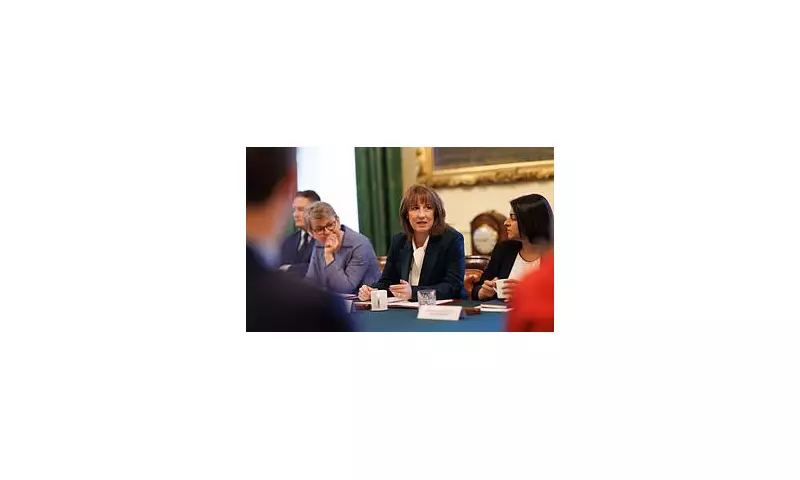
Chancellor Rachel Reeves faced a dramatic start to her Budget day as the government's spending watchdog accidentally published crucial details before she had even stood up in the House of Commons to deliver her statement.
The premature release created an embarrassing situation for the Treasury, with sensitive fiscal information becoming public ahead of the Chancellor's scheduled 12:30pm address. Ms Reeves admitted Britain is feeling 'angry' about the economic situation as she headed towards what many are calling a make-or-break moment for both her and Prime Minister Keir Starmer.
Major Tax Measures Unveiled
At the heart of the Budget lies what promises to be the biggest revenue-raising measure - extending the long-running freeze on tax thresholds for another two years. This stealth tax will extract thousands of pounds more from millions of households already struggling with the cost of living.
The move represents a significant U-turn for the Chancellor, who just twelve months ago declared she would not prolong the freeze because it would 'hurt working people'. The extension means the freeze will now continue until 2030, dragging more earners into higher tax brackets as wages increase with inflation.
Other significant measures include a brutal assault on pension tax reliefs and the introduction of a 'mansion tax' on properties worth more than £2 million. Combined with other levies, these changes could push the overall tax burden to its highest level in more than 300 years of official records.
Spending to Placate Labour Backbenchers
In an effort to calm increasingly mutinous Labour MPs, Ms Reeves will announce the scrapping of the controversial two-child benefit cap. This move will leave approximately 18,000 large families in line to receive an extra £14,000 annually.
Additional relief for hard-pressed households includes a likely freeze on fuel duty for another year and shifting green levies on energy bills to be paid from government funds rather than consumer payments.
The Chancellor briefed Cabinet members this morning, telling them she had made the 'fair and necessary choices to strengthen our foundations and drive down the cost of living'. Prime Minister Keir Starmer told ministers the Budget represented the 'kind of country we want to live in', framing it as a choice between 'renewal or decline'.
Wider Economic Context and Business Concerns
The Budget comes amid warnings that markets could hammer the Pound and drive up the cost of servicing the UK's substantial debt mountain unless the Chancellor demonstrates she has a 'credible' plan for fiscal stability.
Business leaders have expressed frustration with what they describe as a 'fandango' of confused briefing about the Budget contents in recent weeks. Many point to previous Budget measures, including what was already the biggest tax-raising Budget on record at around £41 billion, as having crushed economic growth.
Ms Reeves has attributed the challenging fiscal situation to what she describes as a 'bewildering array of factors' including Brexit, Tory austerity measures, and even the policies of former US President Donald Trump.
The Office for Budget Responsibility is understood to have downgraded productivity forecasts after concluding previous projections were overoptimistic, further complicating the Chancellor's task of balancing the books.
In a video released ahead of the Budget statement, Ms Reeves attempted to strike a positive note, highlighting that 'wages are rising faster than inflation, hospital waiting lists are coming down, and our economy is growing faster and stronger than people expected'.
However, she acknowledged public frustration, stating: 'I know that the cost of living is still bearing down on family finances, I know that people feel frustrated at the pace of change, or angry at the unfairness in our economy.'
The dramatic Commons session represents a critical test for a Chancellor who has already raised taxes by more in just 16 months than Gordon Brown managed during an entire decade at the Treasury.





